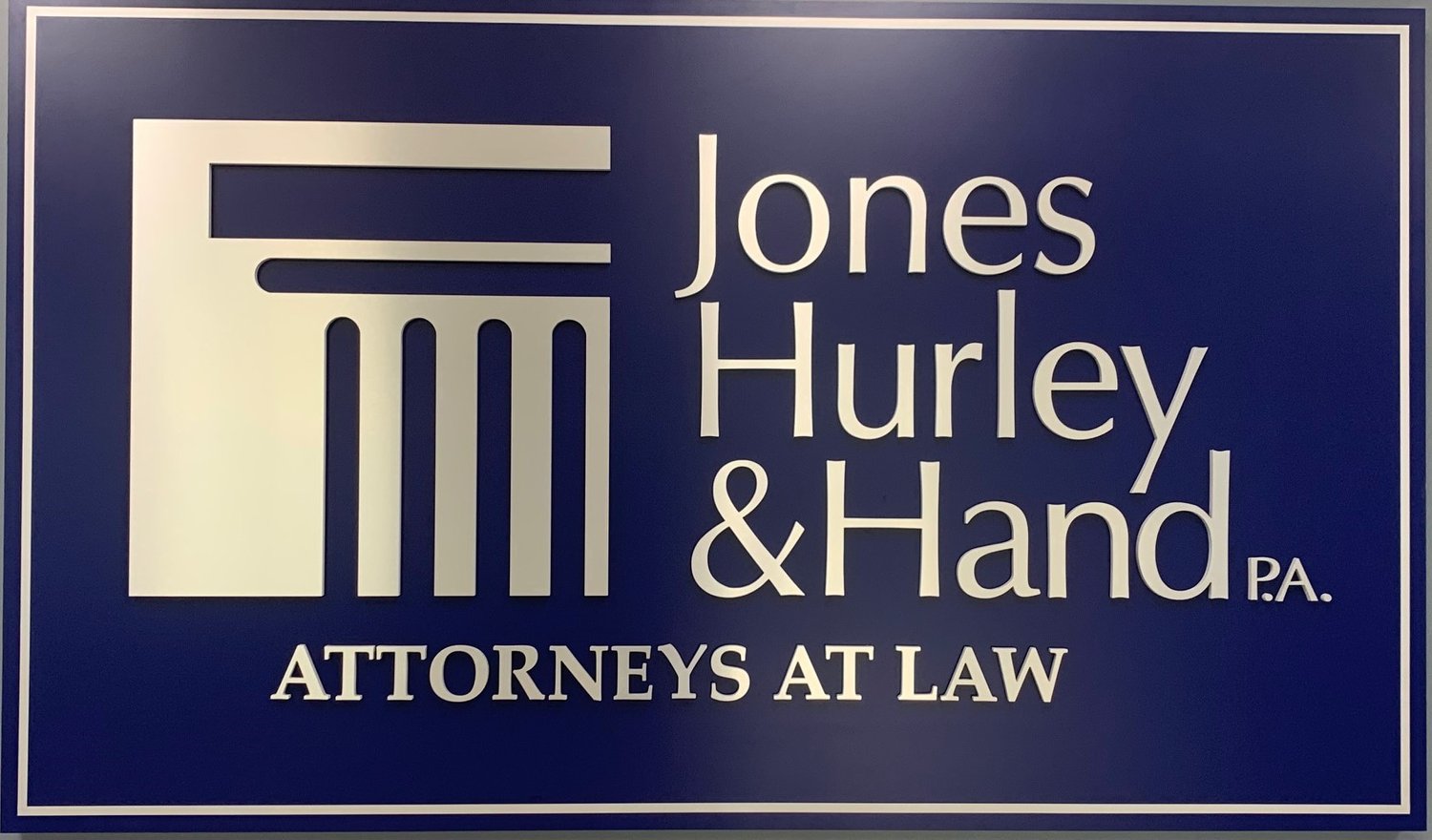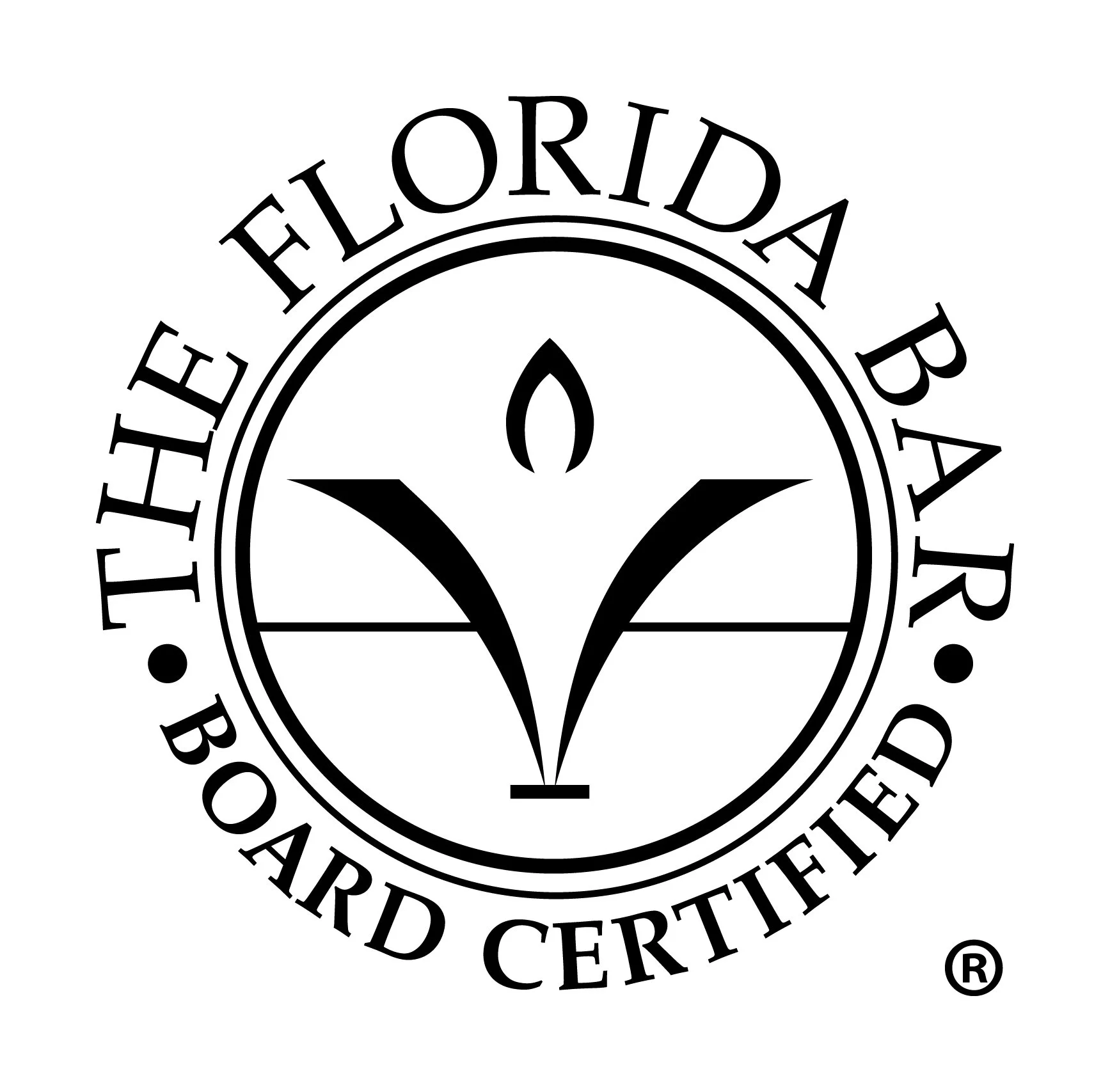Miami, Fl - Effective August 1, 2014, Miami attorney Michael A. Hernandez became Board Certified in Worker's Compensation law. He is the only Board Certified Worker's Compensation defense attorney in Miami, Fl.
Board certified lawyers’ experience and competency have been rigorously evaluated, and they are the only Florida lawyers allowed to refer to themselves as specialists or experts or to use the letters B.C.S. to indicate Board Certified Specialist when referring to their legal credentials. Board certification is The Florida Bar’s “Legal Expert” status.
Mr. Hernandez takes great pride in this accomplishment as it marks a significant milestone in his career as a defense attorney. This achievement is especially significant as it was one made possible as a direct result of the knowledge gained through myriad defense claims and issues he has assisted Employers, Insurance Carriers, TPA's, PEO's, and others with throughout his career. Mr. Hernandez looks forward to continuing to represent the interests of Employers, Insurance Carriers and TPA's throughout South Florida.
“Board certification is one of the highest recognitions a lawyer in Florida can receive. The very difficult testing and extensive background peer review to confirm professional conduct is such a high standard that just seven percent of our eligible membership has achieved this level of recognition.”


